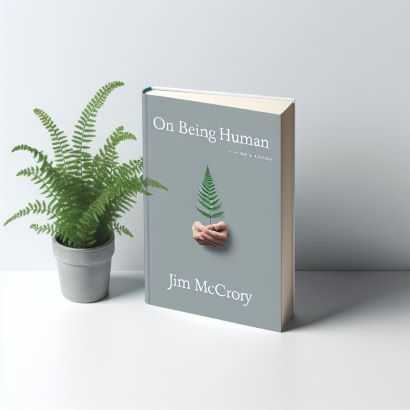"Il n'est pas de coussin si doux que la conscience nette."
A French Proverb

A while back, I published a blog titled "Conscience: Why Do You Torture Me?" I woke up the next morning to find it had drawn in more visitors than any post I'd ever written. Readers from Vietnam, China, the Arab Emirates, Singapore, the United States, and countless other places had tuned in. This surge in interest led me to a sobering conclusion: people everywhere wrestle with a troubled conscience, struggling to regain the happiness they’ve lost along the way. Sometimes, the path to relief can be straightforward. Other times, it demands deep self-reflection and change.
In English, the word sorry spans a wide range of emotions, from apologizing for bumping into someone in a supermarket to making amends for more serious missteps. For trivial errors, it’s a reflex, often devoid of meaning. But for deeper wrongs, it’s not always enough. English lacks a single word that carries the weight of the Mandarin 对不—a term that not only conveys regret but also a sense of profound accountability and genuine self-examination. It’s no wonder that, as the song goes, “sorry seems to be the hardest word,” especially when we’re admitting we’ve deeply hurt someone. Pride, fear of vulnerability, arrogance, and shame often create barriers to true repentance.
Consider a powerful example: a man once revered for his humility, who rose to prominence but fell prey to his desires. One day, he saw a beautiful woman and became obsessed, even though she was married. Using his power, he arranged for her husband to be sent to the front lines of battle, ensuring his death. With the obstacle removed, he took the woman as his own, seemingly unmoved by the harm he had caused.
This man was none other than the Hebrew King David. His misdeeds were brought to light by a brave acquaintance who shared a poignant story: "Once upon a time, a poor man owned a single ewe lamb. He cherished this lamb—it slept in his arms, ate at his table, and became part of his family. But a wealthy king, with thousands of sheep, wanted to prepare a meal for a guest. Instead of using one of his own, he seized the poor man’s beloved lamb for his feast."
King David, listening intently, became outraged. The tale stirred a deep empathy in him, and he declared that the man who committed such an act deserved to die. At this moment, the acquaintance revealed, "You are that man."
The story shattered David’s self-deception. It forced him to see himself as others saw him, bringing him to his knees in a moment of crushing remorse. He wept, realizing he had wronged both God and those he was entrusted to protect. David’s epiphany echoes through the ages as a testament to the power of accountability and genuine repentance—a reminder that, sometimes, saying “sorry” isn’t just an apology; it’s a commitment to change.
For those interested, the full account is in 2 Samuel 12 in the Bible. It’s more than a tale of guilt; it’s a story of enlightenment, showing that when we truly see the harm we’ve done, it’s then that we can find the courage to make amends.